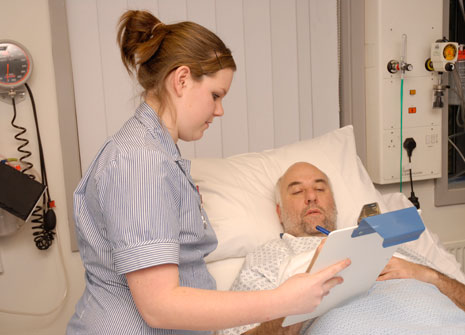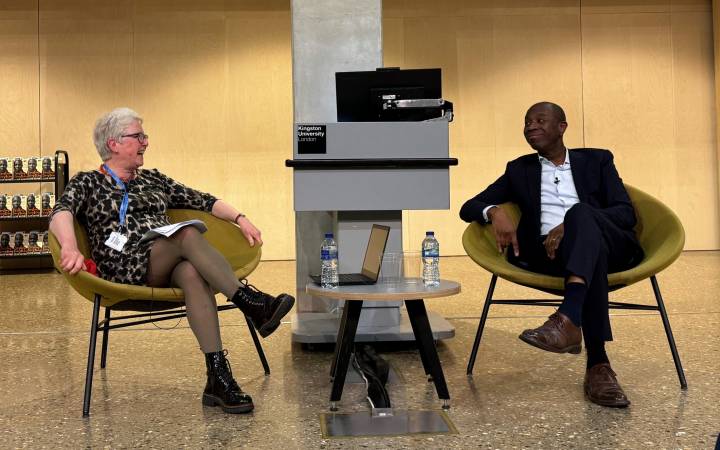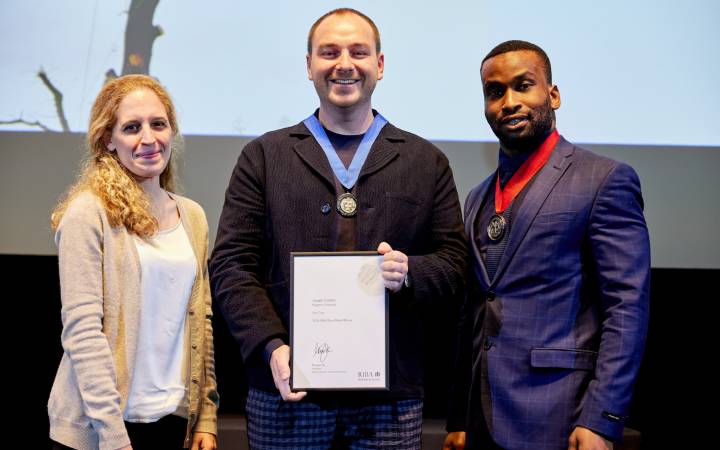Nursing expert backs Francis report calls for patient needs to be at heart of NHS care
Posted Thursday 7 February 2013
 Doctors, nurses and healthcare managers must work together to address the issues highlighted in the independent report into the failures of care at Mid Staffordshire NHS Trust, according to a leading healthcare academic.
Doctors, nurses and healthcare managers must work together to address the issues highlighted in the independent report into the failures of care at Mid Staffordshire NHS Trust, according to a leading healthcare academic.
Professor Fiona Ross, Dean of the Faculty of Health, Social Care and Education at Kingston University and St George's, University of London, has welcomed the findings released by inquiry chairman Robert Francis QC. She said his report outlined appalling failures of care which no patient or family should ever have to face.
"If we are to tackle the problems raised by the Francis report effectively, we need to look at solutions across the whole healthcare system rather than attributing blame" Professor Ross said. "Dwelling on the past and pointing the finger will simply distract us from dealing effectively with the real issues at hand. What is needed now, more than anything, is a clear commitment to delivering the highest quality compassionate care. We must ensure we create an open, supportive organisational culture, as well as one which is challenging, so all healthcare professionals, whether they be senior managers, medical staff or nurses, place patient needs firmly at the heart of everything they do."
 Professor Ross backed the report's call for stronger nursing leadership and dedicated training for healthcare assistants. She said it was right that sisters and ward managers should spend their time on the front line, co-ordinating patient care and teaching and supervising their teams. However, for this to work in practice, it was fundamental to have adequate levels of nursing staff in hospitals in the first place, she added.
Professor Ross backed the report's call for stronger nursing leadership and dedicated training for healthcare assistants. She said it was right that sisters and ward managers should spend their time on the front line, co-ordinating patient care and teaching and supervising their teams. However, for this to work in practice, it was fundamental to have adequate levels of nursing staff in hospitals in the first place, she added.
"As a healthcare educator, it worries me that the number of nurses we have been funded to train has decreased significantly during the past six years," Professor Ross said. "Adequate staffing levels are a pre-requisite to being able to maintain high standards of care in hospitals and the community. It takes three years to train a nurse and if we are training fewer nurses, there will inevitably be fewer qualified professionals entering the healthcare system, which will compound the problems we have now."
Shifting the focus away from paperwork and compliance with key performance targets towards looking after patients would be welcomed by the nursing profession and would mean nurses could concentrate on what they had actually come in to the profession to do, Professor Ross added.
- Find out more about studying nursing at Kingston University and St George's, University of London.
Contact us
General enquiries:
Journalists only:
- Communications team
Tel: +44 (0)20 8417 3034
Email us



